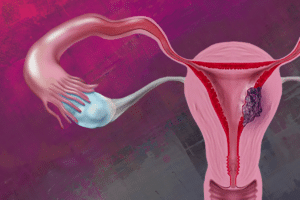A meta-analysis of clinical trial data published this week in JAMA Internal Medicine suggests that risk for suicidal behavior is twice as likely when children and young adults who are diagnosed with depression are given antidepressants compared to placebo. A key factor appeared to be dose of the antidepressant. The researchers found that younger patients who began treatment with higher-than-recommended doses of antidepressants were more than twice as likely to try to harm themselves as those who were initially treated with the same drugs at lower, recommended doses. Interestingly, the analysis found no increased risk of suicidal behavior among adults older than 24 who started medical treatment for depression at larger initial doses.
The study reviewed medical records of 162,625 U.S. residents, ages 10 to 64, who were diagnosed with depression and prescribed an SSRI between 1998 and 2010. It found that more than half of antidepressants in that period were prescribed by primary care doctors, and another 25% by practitioners not specialized in mental health. Even in children, fewer than 30% of antidepressant prescriptions were issued by psychiatrists. The authors pointed out that they could not discern why younger patients on high initial doses of antidepressant were more likely to try to harm themselves. While it could have been the dose that they were started on, it could also be that younger patients who may have been viewed as being in crisis were treated more aggressively with higher doses.
An accompanying commentary in JAMA Internal Medicine suggests that the best approach is to “Start low and go slow.”
M Miller, et al. Antidepressant Dose, Age, and the Risk of Deliberate Self-harm
D Brent, et al. Commentary: Initial Dose of Antidepressant and Suicidal Behavior in Youth. Start Low, Go Slow








